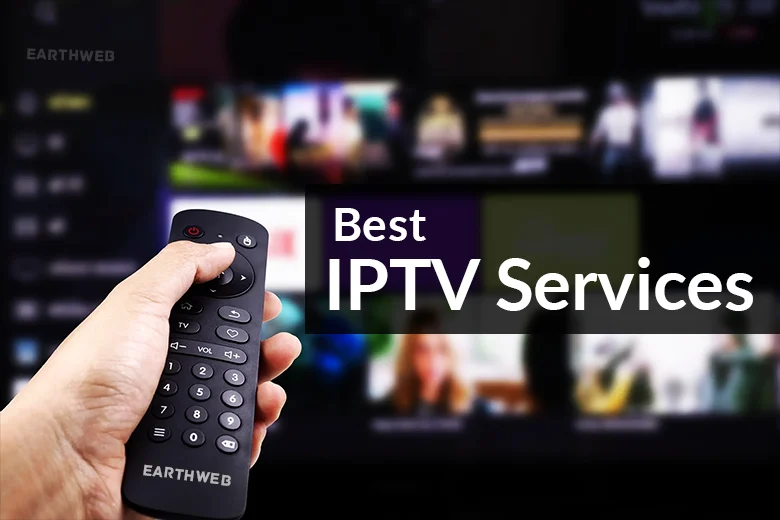The evolution of television has been marked by technological advancements that continuously reshape how we consume content. From the early days of black-and-white broadcasts to the advent of cable and satellite TV, each innovation has offered viewers more channels, better picture quality, and greater convenience. Today, the latest shift in this ongoing evolution is the rise of Internet Protocol Television IPTV services, which are transforming the way we watch television in profound ways. IPTV refers to the delivery of television content over the internet rather than through traditional terrestrial, satellite, or cable formats. This method allows for the streaming of live TV, on-demand shows, and other multimedia content directly to devices such as smart TVs, computers, tablets, and smartphones. What set IPTV apart from previous TV technologies are its flexibility and the personalized viewing experience it offers. One of the most significant changes brought about by IPTV services is the shift from linear to non-linear viewing. In the past, viewers had to adhere to strict broadcasting schedules, tuning in at specific times to catch their favorite shows.

With IPTV, however, viewers can watch what they want, when they want. This on-demand capability has fundamentally changed how content is consumed, as people are no longer bound by traditional programming schedules. Binge-watching entire seasons of a show in one sitting or catching up on missed episodes is now the norm, giving viewer’s unprecedented control over their entertainment experience. Another transformative aspect of IPTV is the sheer variety of content available. The interactive nature of IPTV is another key factor in its growing popularity. Many IPTV services offer features such as pause, rewind, and fast-forward, allowing viewers to have complete control over their viewing experience. Some services also provide interactive menus, personalized recommendations, and the ability to integrate with social media platforms, creating a more engaging and tailored experience for the user. Furthermore, IPTV services have significantly impacted the traditional TV advertising model. With the ability to skip commercials, viewers are no longer forced to sit through ads they find irrelevant or annoying.
These personalized ads are more likely to resonate with viewers, making them a more effective tool for advertisers. The rise of IPTV has also been driven by the increasing demand for high-quality content at an affordable price and find more info. Traditional cable and satellite TV services are often expensive and come with lengthy contracts. In contrast, IPTV services typically offer more flexible pricing models, including monthly subscriptions and pay-per-view options. This affordability, combined with the convenience and variety of content available, has made IPTV an attractive option for many consumers. In conclusion, the evolution of TV through IPTV services represents a significant shift in how we consume content. By offering greater flexibility, a wider range of programming, and a more personalized viewing experience, IPTV is changing the landscape of television in ways that were unimaginable just a few decades ago. As technology continues to advance, it will be fascinating to see how IPTV and other emerging technologies further transform the way we watch TV.